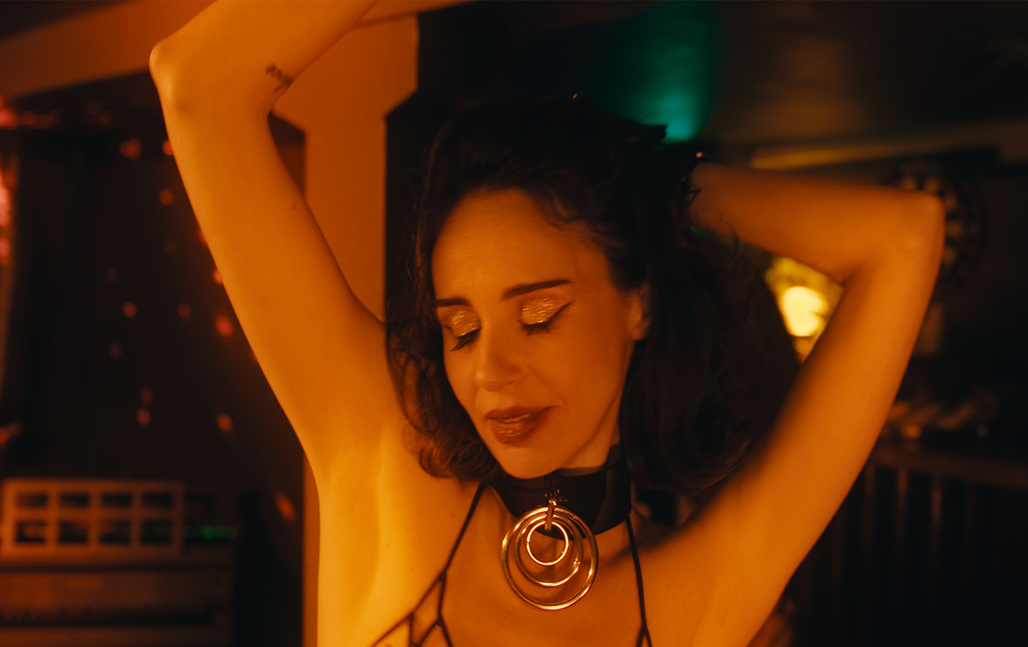
Doroteya Droumeva wrings the neck of the patriarchy in The Vagabonds

Middle-aged woman with preference for younger partners seeks sincere human contact. In The Vagabonds, her first feature film, Bulgarian director Doroteya Droumeva addresses the issues of arbitrary value judgements, prejudice and toxic masculinity faced by women.
What was the starting point for this project?
The Vagabonds is inspired by my personal experience. But it's not an autobiographical film. I romanticized a lot of it. A vagabond is someone who adopts a nomadic lifestyle, unattached to a particular geographical location, and the characters in my film are in that sense vagabonds because they are searching for their own identity in a constantly changing world. I made The Vagabonds with young film lovers. The film is entirely self-produced.
What did you want to explore?
The character of Nora is sort of my alter ego. She dates men younger than her and she always has to justify herself because it's a societal taboo. There is a general stigma attached to these relationships and women who have younger partners are called cougars, a term that comes from the porn industry. They are treated in a very sexist and misogynistic way, when they should be free to make their choices without being judged. The reverse – an older man with a younger woman – is socially more valued by the patriarchy. Nora is also confronted with a certain toxic masculinity in addition to prejudice. I think there is also toxic femininity, but it is not a societal problem like toxic masculinity, which is more widespread. The Vagabonds is a personal film, but it has no political message.
“I wanted to portray Nora’s relationship with her young partner in a realistic and naturalistic way.”
Bodies play a very important role in your film. How did you approach them from a directorial point of view?
I wanted to portray Nora's relationship with her young partner in a realistic and naturalistic way and not censor anything. Only the last scene, where she is carried by the American football players into their dressing room, has a poetic touch because it is more about Nora's inner world. This scene shows how much she really enjoys this state of anarchy with the naked bodies of the American football players. This scene is obviously open to interpretation.
What does your film say about Germany today?
The film is set in the Berlin expatriate scene. It points out that there is a prejudice against women dating younger partners even in circles of intellectual artists who are considered more open-minded.
Do you have a new project that you can tell us something about?
I’ve written a script about another female character. There are not so many films showing the female point of view and this is a result of the "mansplaining" that is still going on in our society. Let's hope that there will be more films made by women in the future in this male-dominated profession, both in directing and producing films.


